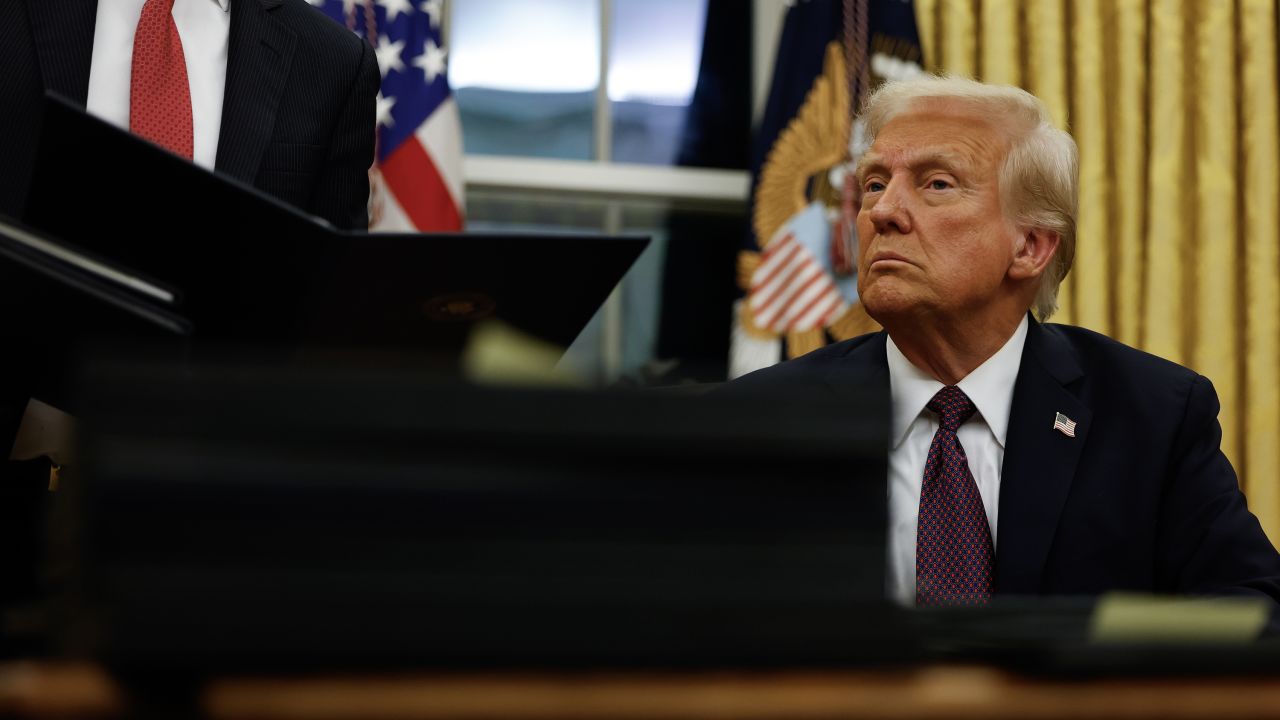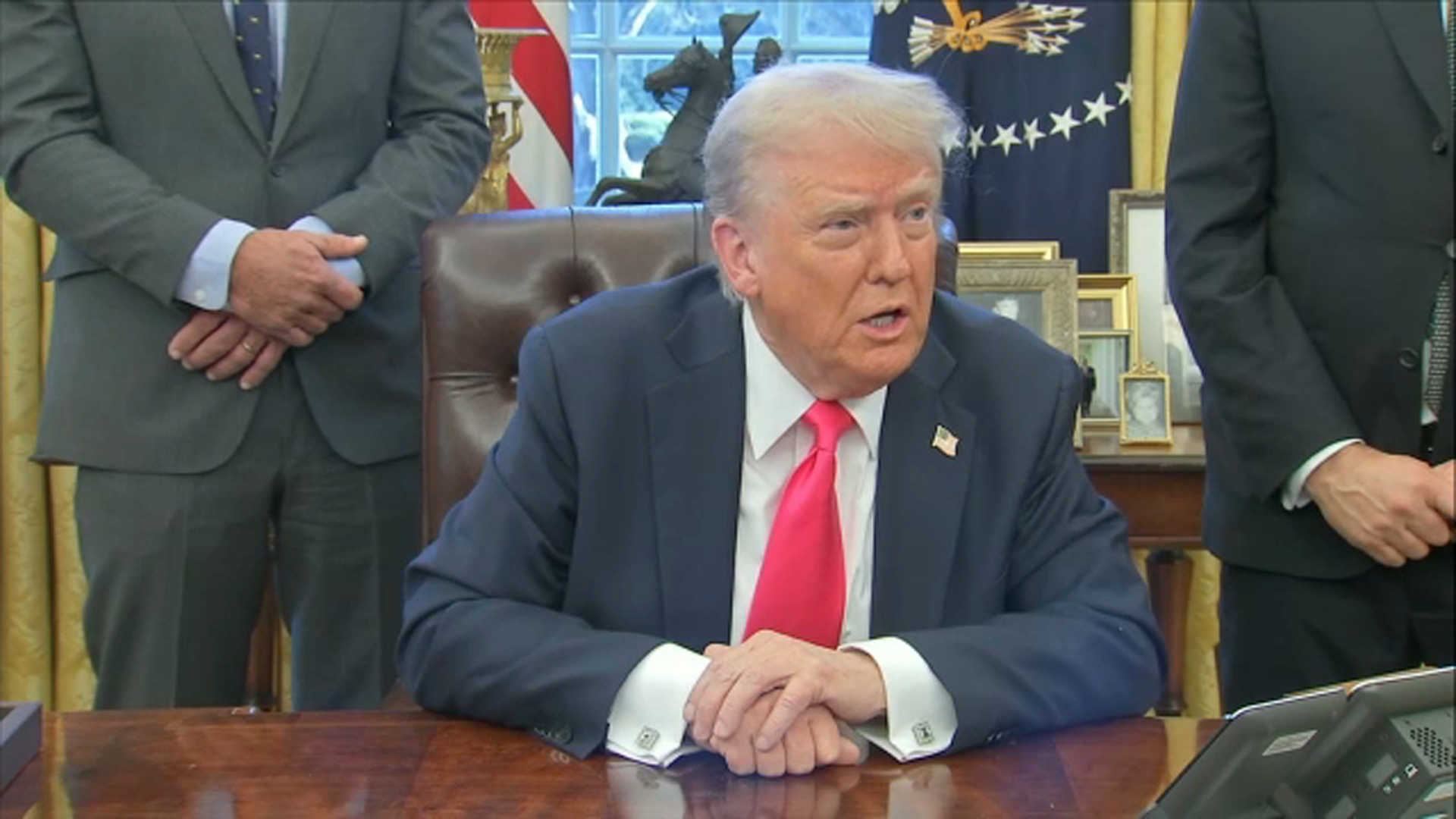
Canada and China swiftly announced retaliatory tariffs against the U.S. on Tuesday, shortly after long-threatened levies by the Trump administration on those countries and Mexico took effect.
President Donald Trump’s new 25% tariffs on imports from Mexico and Canada were imposed at 12:01 a.m. ET, along with a doubling of duties on some Chinese goods to 20%.
Trump’s moves effectively launched new trade conflicts with the United States’ top three trading partners and threatened to upend two-way annual trade worth nearly $2.2 trillion in 2024, according to data from the Office of the U.S. Trade Representative. The tit-for-tat tariffs have rattled global markets.
Trump has accused all three countries of not doing enough to clamp down on drugs like the opioid fentanyl entering the U.S. He also says tariffs will boost U.S. manufacturing and prevent other countries from taking American jobs.
Canadian Prime Minister Justin Trudeau said Ottawa would respond with immediate 25% tariffs on $20.7 billion worth of U.S. imports and on another $86.2 billion if Trump’s tariffs were still in place in 21 days. He has said Canada would target American beer, wine, bourbon, home appliances and Florida orange juice.
“Tariffs will disrupt an incredibly successful trading relationship,” Trudeau said. He added that they would violate the U.S.-Mexico-Canada free trade agreement signed by Trump in his first term.
China immediately countered the U.S. duties with 10% to 15% tariffs on some U.S. agricultural product imports.
In a news conference in Mexico City, Mexican President Claudia Sheinbaum said that there was “no justification” for Trump’s tariffs and that they were imposed “despite our work against gangs and fentanyl.” Sheinbaum said she plans to announce Mexico’s retaliatory tariffs and other measures against the U.S. on Sunday.
Tariffs are essentially taxes charged on goods imported from another country. They are typically set at a percentage of the goods’ value and usually paid by the importer. The extra costs are generally passed on to the consumer.
Canada and Mexico have enjoyed a virtually tariff-free trading relationship with the U.S. for three decades.






